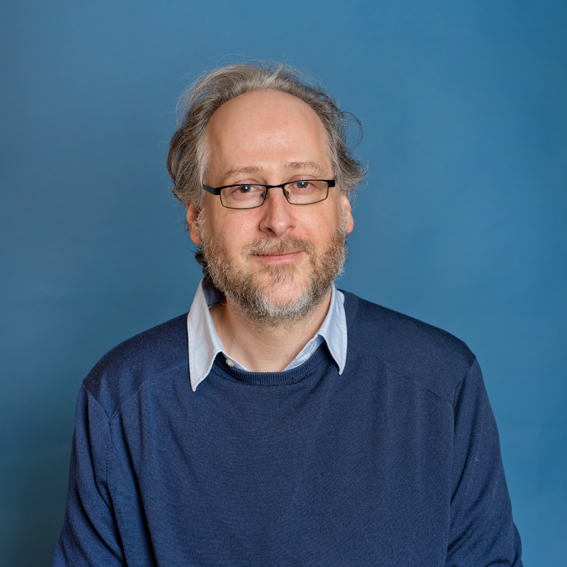
The Politics of Rebirth and the Prospects for Secular Democracy

Rebirth-as-renewal is a crucial trope for modern and postmodern politics; it is the cross that we all must bear as citizens of more or less democratic nation-states in the post-Westphalian world. Sometimes it is deployed as an intervention in variations of the classical “reform or revolution” debates, as when Martin Luther King, Jr. said at the August 1967 SCLC annual convention: “America, you must be born again.” Sometimes it is deployed in historiographical debates, as when Eric Foner argues in The Second Founding that the Thirteenth to Fifteenth Amendments and the era of Reconstruction amounted to “a rebirth of the American Republic.” Sometimes it is deployed directly as political sloganeering, as when Björn Höcke’s “Flügel” pushes the AfD to embrace a platform that calls for Germany to be “reborn [Wiedergeboren]” in subsidiarity and independence from the EU in order to be truly free and democratic. This is noticed often enough. What is not given enough attention is the ways in which our debates about the justice or the perfidy of appeals to political rebirth refuse to engage the political theological dimension of this trope.
The authors of two recent books— Born Again: Romanticism and Fundamentalism by Jeffrey Champlin and The Political Theology of Hannah Arendt by Michael Weinman—will be joined in discussion by Courtney Hodrick and Sophie Lauwers in order to unpack this “rebirth” trope, why it is so pervasive in our current political and cultural moment and why the focus on the “extremism,” “fundamentalism” or “immoderation” in much of the discourse around the politics of being born again does as much as to obscure as to make clear the connection between the pitfalls of secularism and the anti-democratic (in the sense of majoritarian decision making and popular sovereignty) character of many liberal defenses of the current international order.


